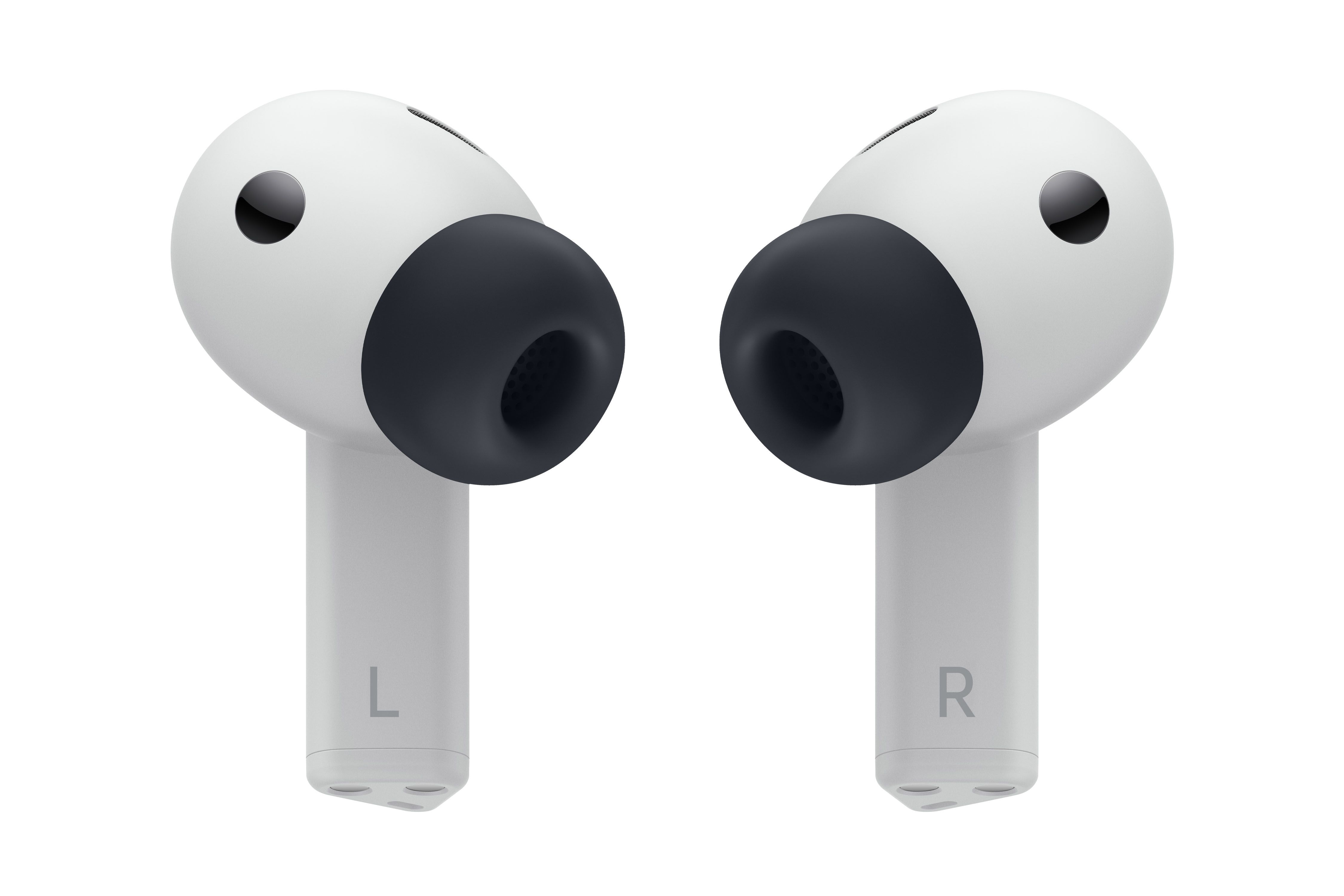Samsung just shook up the budget wireless earbuds market with its Galaxy Buds 3 FE, launching September 4th at $149.99. The Fan Edition earbuds ditch Samsung's signature blob design for Apple-inspired stems while packing Galaxy AI translation features that could redefine what consumers expect from mid-tier audio gear.
Samsung is betting big on AI-powered audio accessories with today's announcement of the Galaxy Buds 3 FE, marking a dramatic design shift that mirrors Apple's AirPods success while undercutting premium competitors on price. The $149.99 earbuds represent Samsung's most aggressive push yet to democratize artificial intelligence features in consumer audio.
The most striking change is visual - Samsung has abandoned the rounded 'bean' design that defined previous Galaxy Buds generations in favor of the stemmed form factor popularized by Apple and adopted across Samsung's higher-end Galaxy Buds 3 lineup launched last year. This design evolution reflects broader industry trends toward standardization, but Samsung's implementation includes unique AI capabilities that set it apart from the pack.
According to Samsung's official product page, the Galaxy Buds 3 FE promise 6 hours of listening time with active noise cancellation enabled, extending to 24 hours with the charging case. Without ANC, those numbers jump to 8.5 hours standalone and 30 hours total - competitive specs that position these earbuds squarely against Apple's entry-level AirPods and premium offerings from Sony and Bose.
The real differentiator lies in Samsung's Galaxy AI integration, which transforms these earbuds into portable translation devices. Users can activate conversation mode through voice commands or long-press gestures to access Google's Gemini AI or Samsung's proprietary Galaxy AI Interpreter app for real-time language translation. This feature represents Samsung's broader strategy to embed AI capabilities across its ecosystem, following similar moves in smartphones and tablets.
Industry analysts see this as Samsung's answer to Apple's ecosystem lock-in strategy, but with a twist that leverages Google's AI expertise rather than purely proprietary technology. The partnership approach could prove crucial as Samsung faces intensifying competition from Chinese manufacturers like Xiaomi and , which have been aggressively pricing their audio products.












